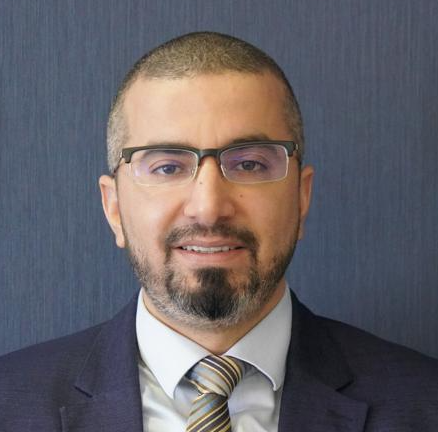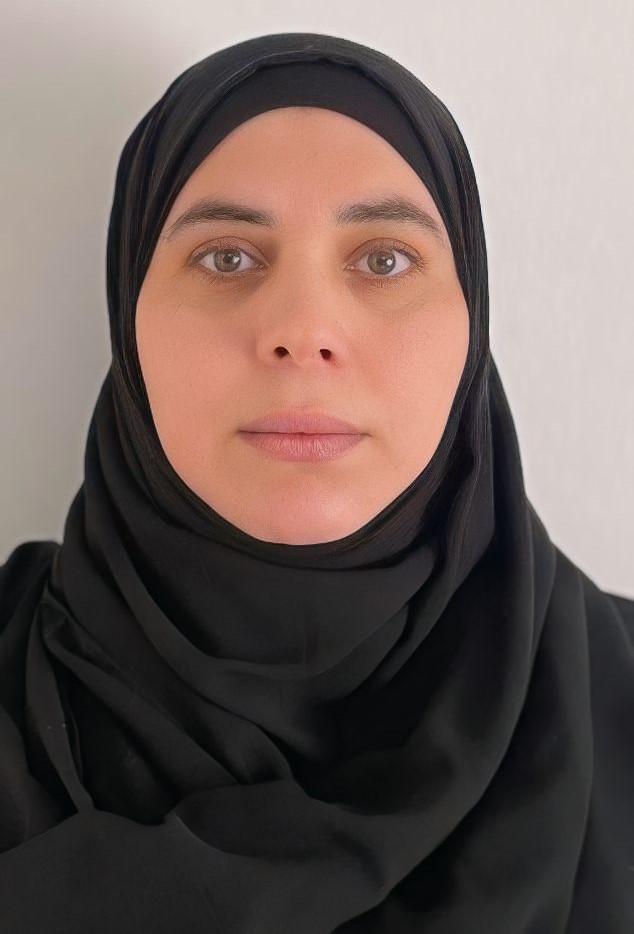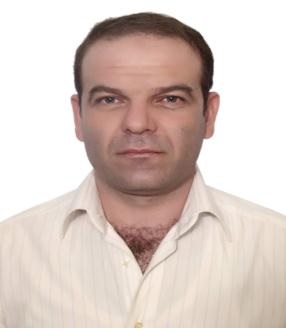
Welcome to the Department of Computer Science at Fahad bin Sultan University!
As the chair of this esteemed department, I am thrilled to welcome you all to an exciting academic year filled with opportunities for growth, exploration, and innovation. Computer science lies at the heart of our digital age, driving technological advancements that shape the way we live, work, and communicate.
Our department is committed to providing a rigorous and comprehensive education that enforce critical thinking, problem-solving skills, and a deep understanding of computer science principles and applications. We strive to create an environment that fosters intellectual curiosity, encourages collaborative learning, and empowers our students to become leaders in this ever-evolving field.
To our students, I encourage you to embrace this incredible opportunity to dive deep into the world of computer science. Engage in cutting-edge research, and leverage the expertise of our faculty. Take advantage of the resources and support available to you, and let your curiosity and passion for technology guide you on this transformative journey.
Welcome once again
Osamah A.M Ghaleb.
Acting Chair, Department of Computer Science
Program Tracks
The Bachelor of Science in Computer Science offers six tracks as follows:
1. General Computer Science Program
2. Information Technology
3. Artificial Intelligence and Machine Learning Program
4. Data Science Program
5. Cybersecurity Program
6. Master Of Science in Computer Science Program
Study Plans
Career Opportunities
· Network Security Expert/Officer
· System Administrator
· System Operator
· Software Engineer
· Database Administrator
· IT Trainer
· Computer Programmer
· Webmaster
· Computer sales support specialist
· Web Designer














